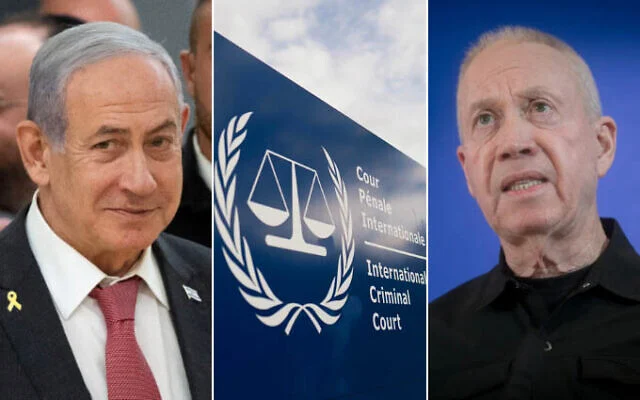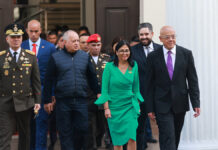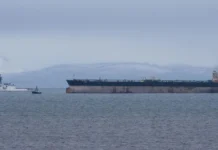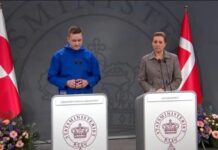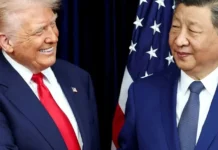Israel filed two appeals on Friday against the decision of the International Criminal Court (ICC) to issue arrest warrants for Prime Minister Benjamin Netanyahu and former defense minister Yoav Gallant.
The appeals, filed by Dr. Gilad Noam from the Attorney General’s Office, focused on what Israel argued were serious procedural deficiencies in the decision by ICC Prosecutor Karim Khan to seek arrest warrants for Netanyahu and Gallant.
The first appeal addressed Israel’s contention that Khan should have provided new notification of his investigation into the allegations regarding the prosecution of the war in Gaza following Hamas’s October invasion and massacre. He instead relied on notification issued in 2021 of an investigation the court had initiated at the time.
The second appeal dealt with Israel’s claim that the ICC lacks jurisdiction over Israelis.
The ICC issued arrest warrants for Netanyahu and Gallant on charges of war crimes and crimes against humanity over the war in Gaza.
The allegations related in particular to charges that the two leaders had committed the war crimes of directing attacks against the civilian population of Gaza and of using starvation as a method of warfare by hindering the supply of international aid to Gaza.
Khan also alleged that the two committed the crimes against humanity of murder, persecution and other inhumane acts as a result of the restrictions they allegedly placed on the flow of humanitarian aid to Gaza.
Israel has strongly rejected the substance of the allegations, insisting that it has funneled massive amounts of humanitarian aid through the crossings along the Gaza border, and that any problems with the distribution of that aid to the Palestinian civilian population are a result of inefficient operations by the aid organizations on the ground, difficulties arising from the ongoing conflict in the territory, and the looting of aid by Hamas and other terrorist organizations.
Israel has also rejected allegations that it targets civilians, insisting that civilian casualties caused by the operation have resulted in large part due to Hamas’s tactic of embedding its fighters and installations within Gaza’s civilian infrastructure.
In its appeal over the issue of notification, Israel noted that the ICC’s Pre-Trial Chamber I — which approved Khan’s request for arrest warrants — noted that the court had “tacitly accepted” that an investigation “could change to such a degree” that new notification would be required.
Notification is a crucial component of the Rome Statute under which the ICC operates, since it is designed to give the country under investigation the ability to conduct its own investigations into the charges alleged by the prosecutor and have its own justice system deal with the allegations, a principle known as “complementarity.”
Israel alleges that Khan never gave Israel this opportunity and therefore violated this foundational principle of the court designed to restrain its jurisdiction in cases where the country under investigation has an independent legal system and judiciary.









